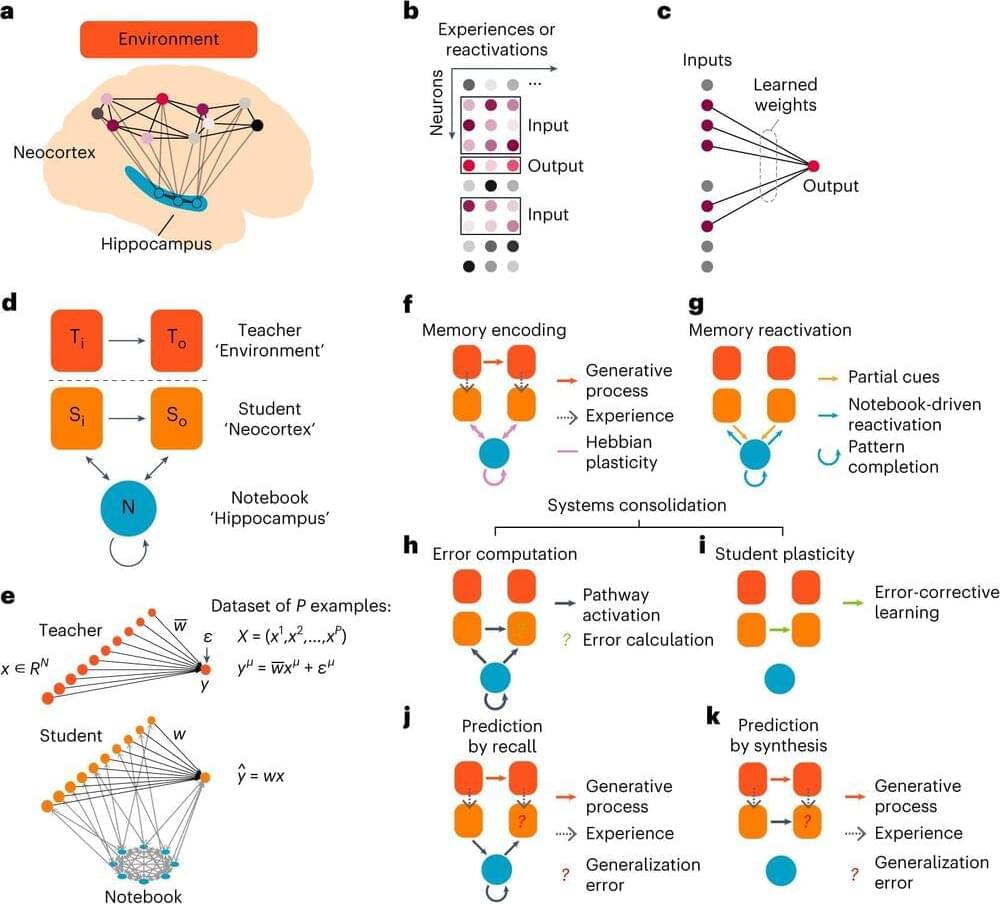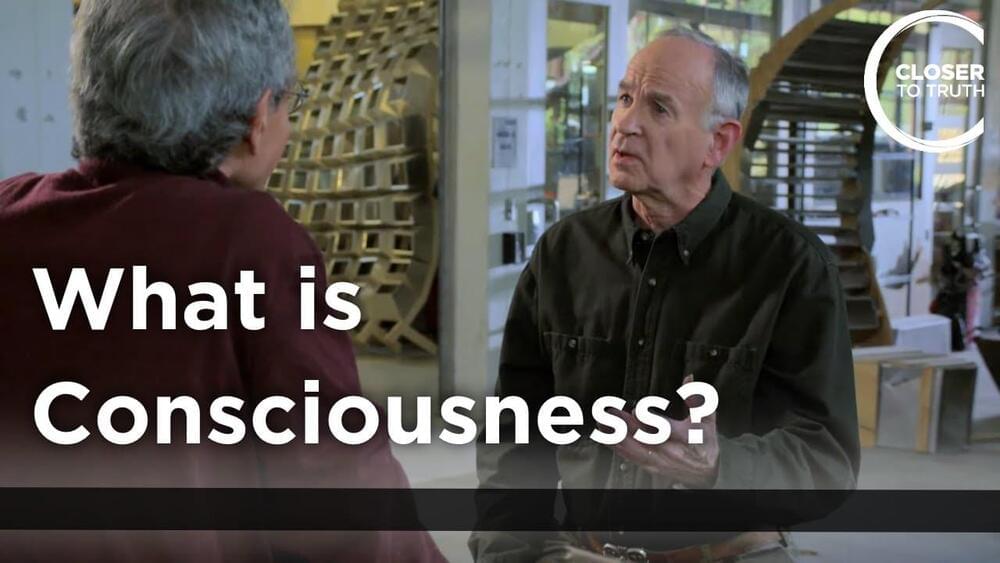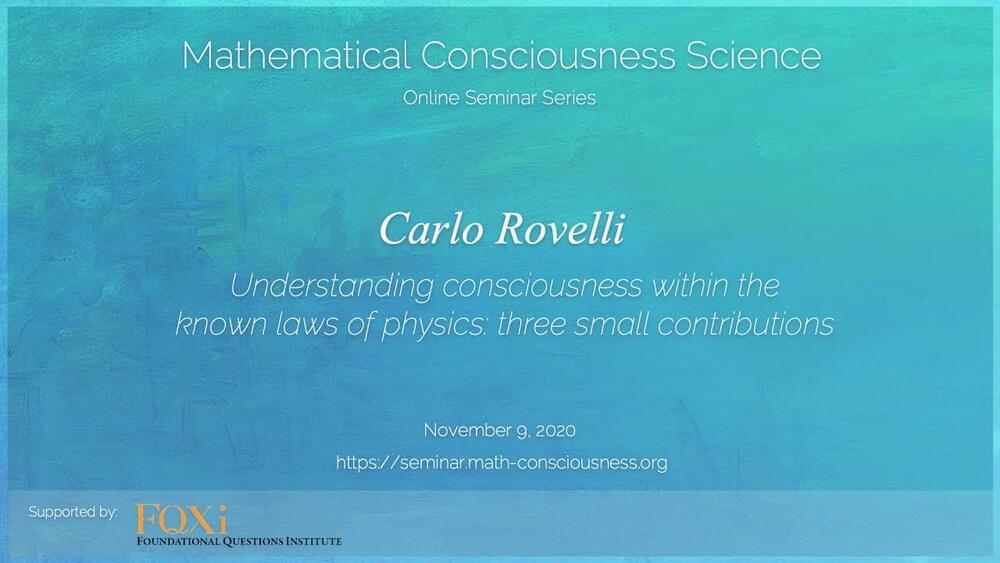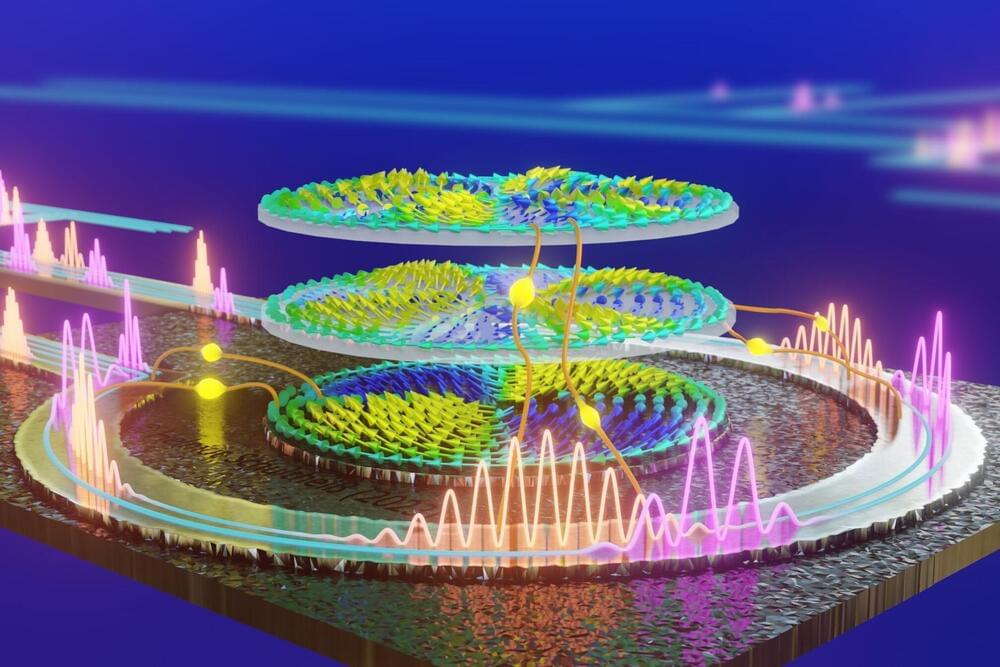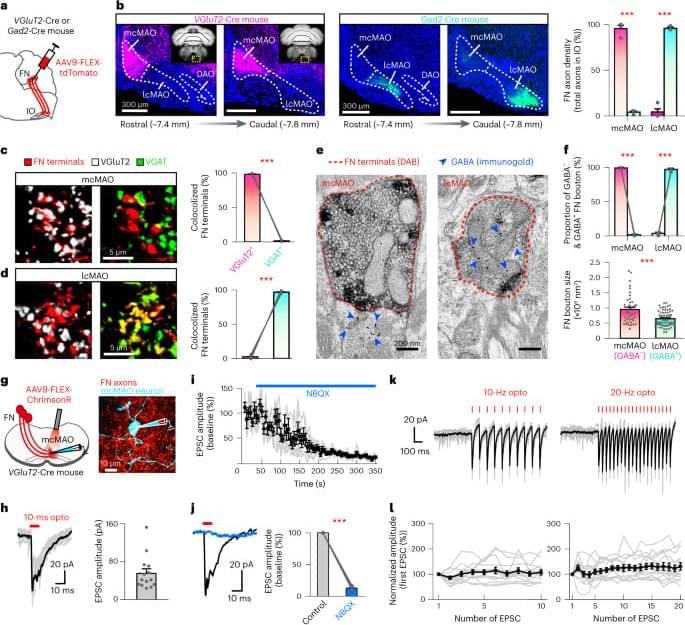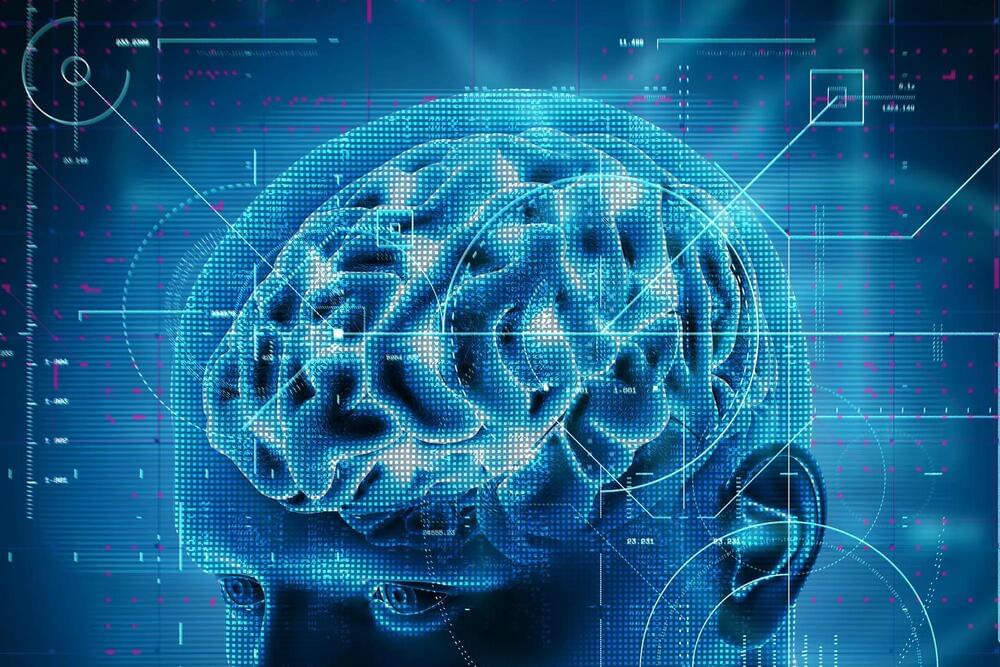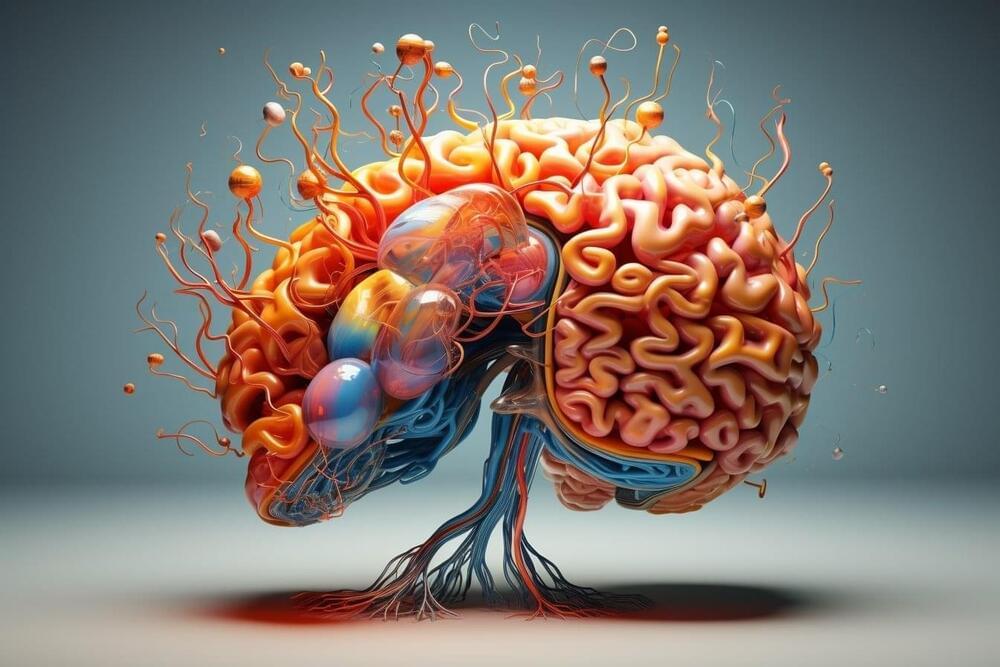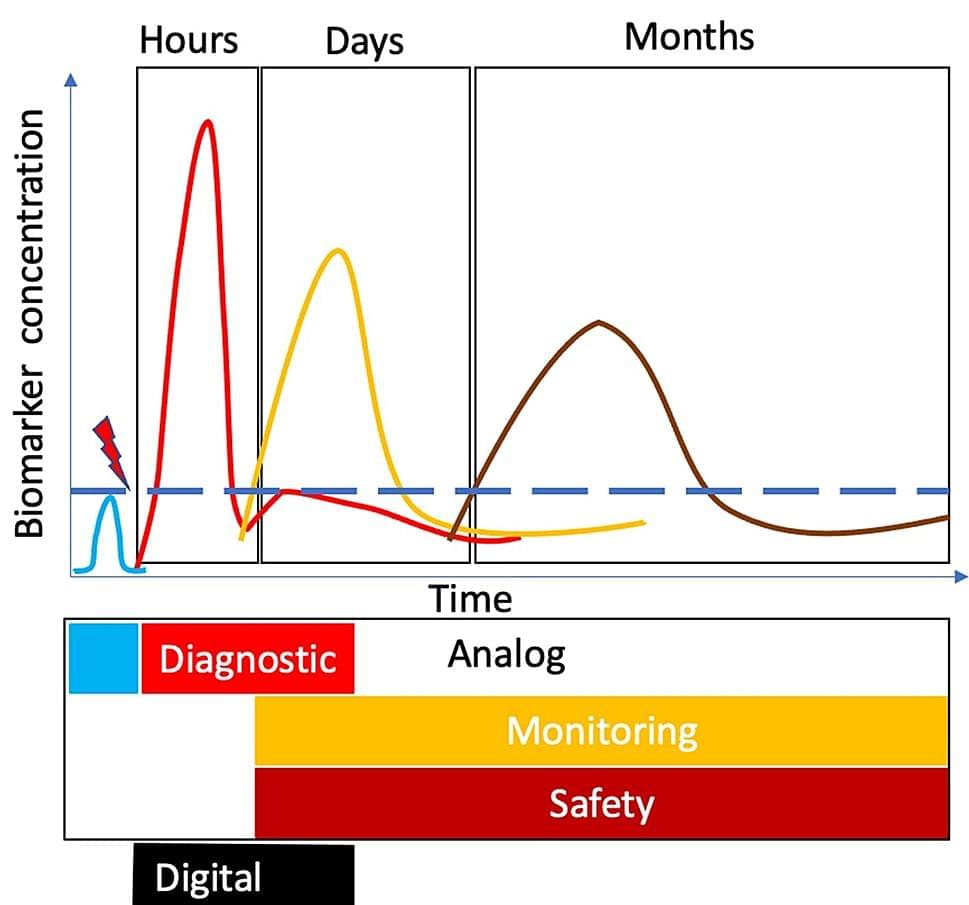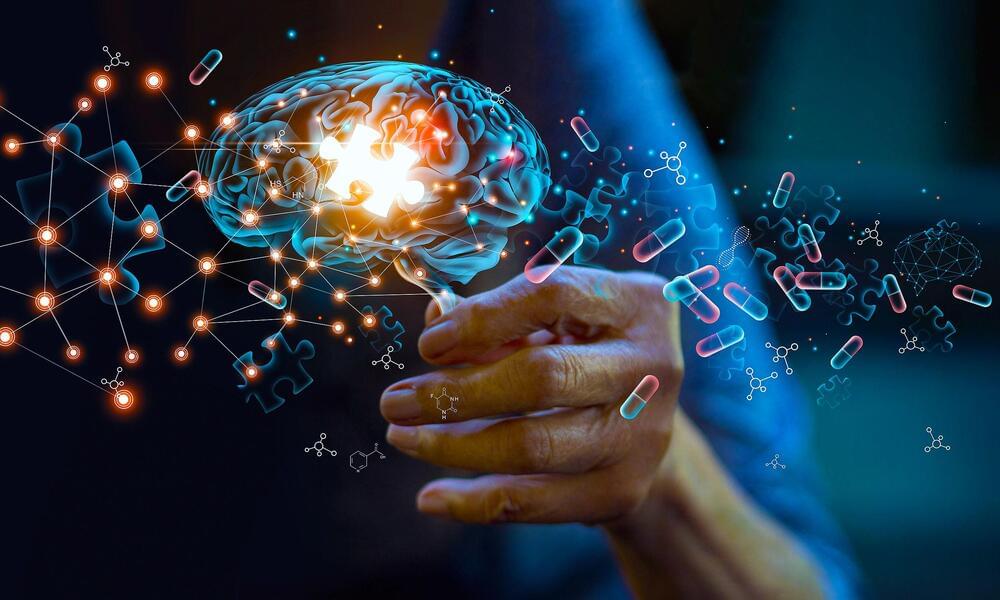Jul 24, 2023
New theory better explains how the brain stores memories
Posted by Kelvin Dafiaghor in categories: futurism, neuroscience
How useful a memory is for future situations determines where it resides in the brain, according to a new theory proposed by researchers at HHMI’s Janelia Research Campus and collaborators at UCL.
The theory, published in Nature Neuroscience, offers a new way of understanding systems consolidation, a process that transfers certain memories from the hippocampus —where they are initially stored—to the neocortex—where they reside long-term.
Under the classical view of systems consolidation, all memories move from the hippocampus to the neocortex over time. But this view doesn’t always hold up; research shows some memories permanently reside in the hippocampus and are never transferred to the neocortex.
